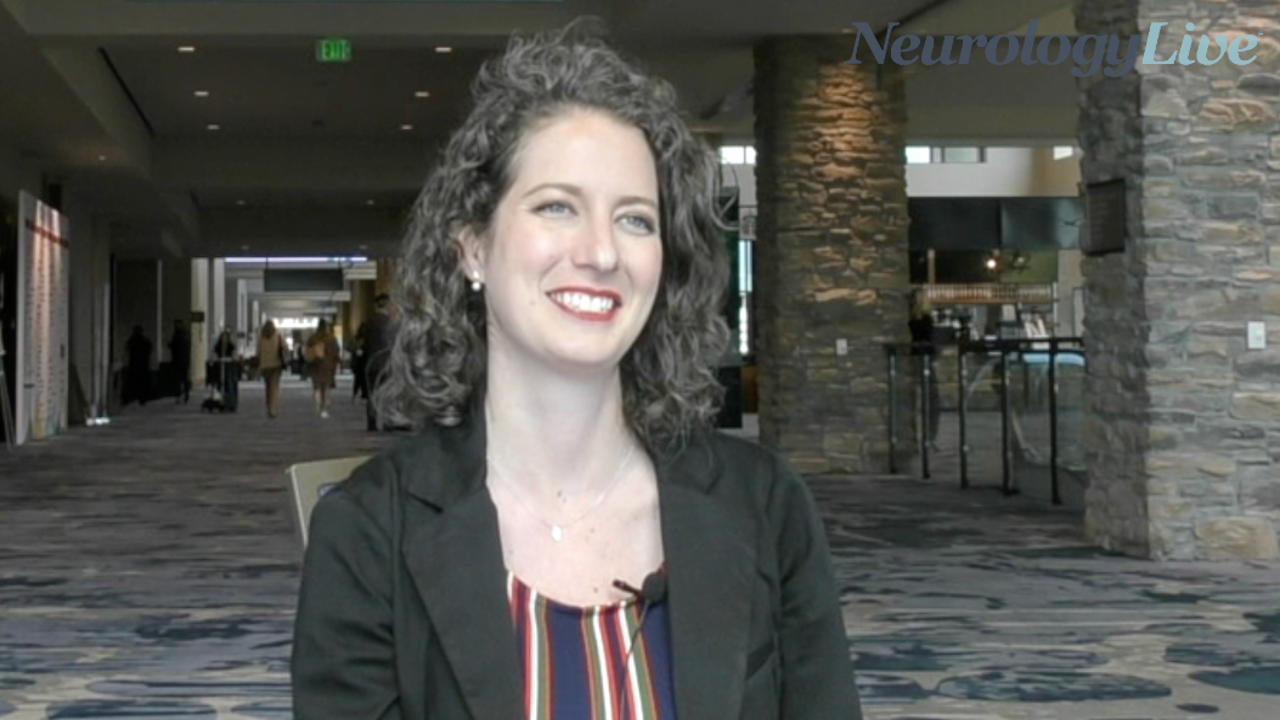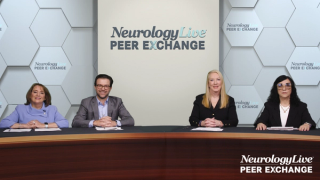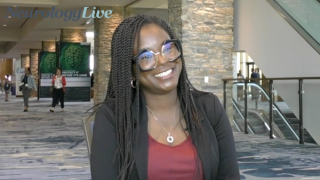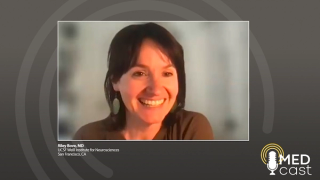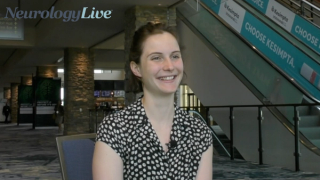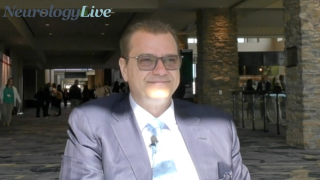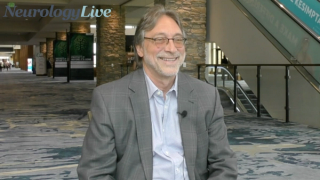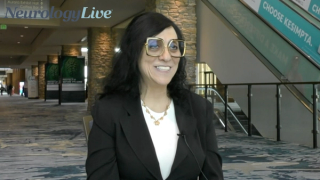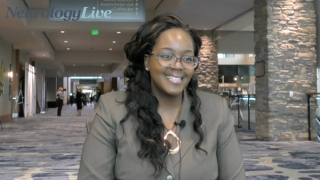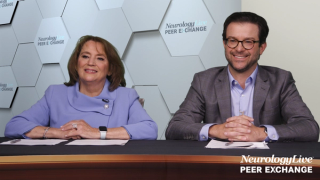
MS and Demyelinating Disorders
Latest News
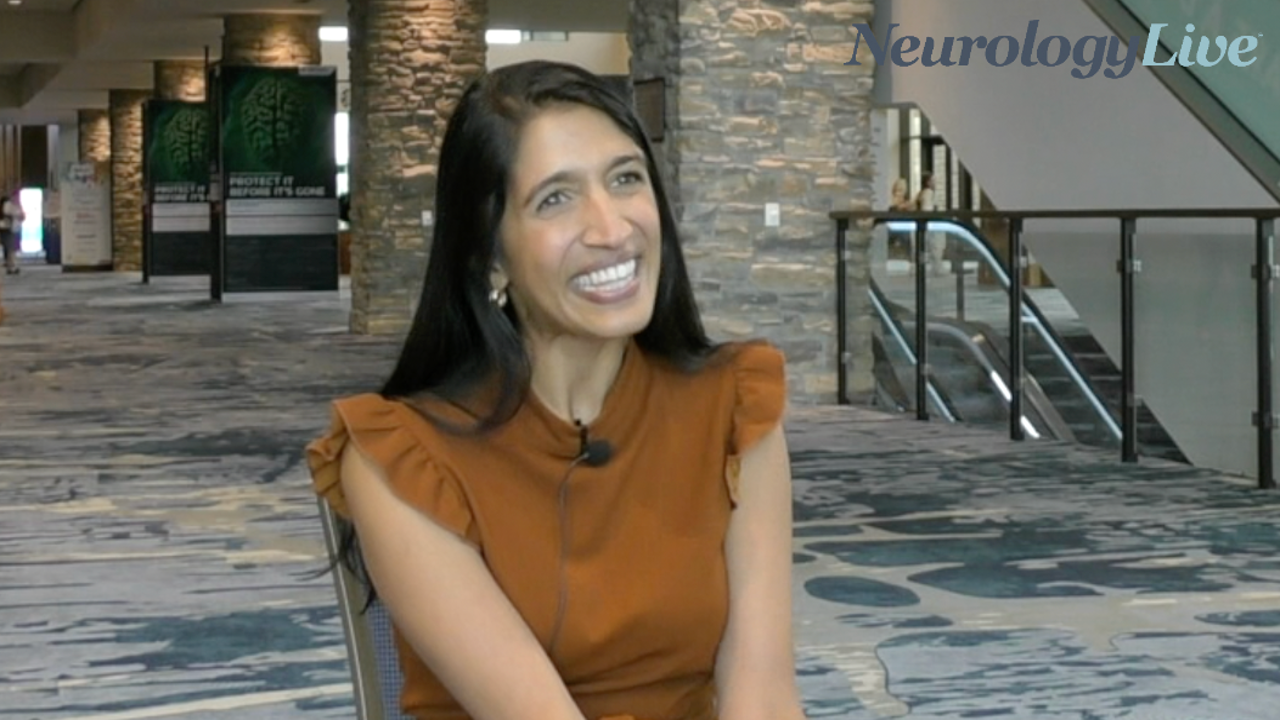
Latest Videos

CME Content
More News

Here's some of what is coming soon to NeurologyLive® this week.

Test your neurology knowledge with NeurologyLive®'s weekly quiz series, featuring questions on a variety of clinical and historical neurology topics. This week's topic is epilepsy and seizure disorders.
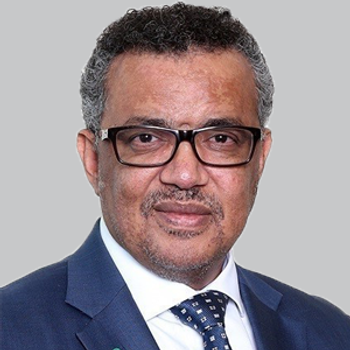
With the new update, cladribine, glatiramer acetate, and rituximab, are now included in the Lists of Essential Medicines, filing a gap given the global burden of multiple sclerosis.
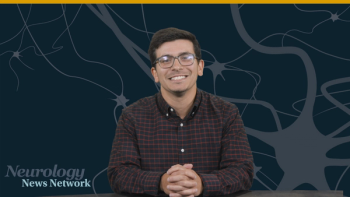
Neurology News Network for the week ending July 29, 2023. [WATCH TIME: 4 minutes]

Take 5 minutes to catch up on NeurologyLive®'s highlights from the week ending July 28, 2023.

Andreas Muehler, MD, and Hella Kohlhof, PhD, provided answers on a recently published analysis showing considerable activation of nuclear receptor related 1 with vidofludimus calcium, an agent in development for various forms of multiple sclerosis.

Differential diagnosis consideration for MS requires a circumspect approach dependent on the clinical presentation and accompanied by vigilance for clinical and paraclinical red flags suggesting alternative diagnoses.
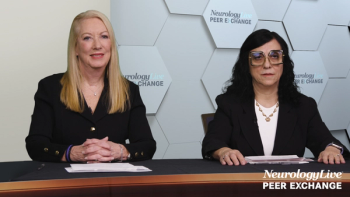
Amy Perrin Ross, APN, Patricia Melville, NP-C, Aliza Ben-Zacharia, PhD, DNP, ANP-BC, and John Kramer, PA-C share their advice for facilitating uptake of biosimilars in clinical practices.
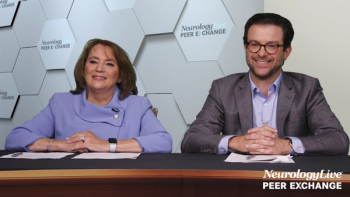
Advanced practice providers share how to discuss biosimilars with patients and what resources might be useful for education on biosimilars.
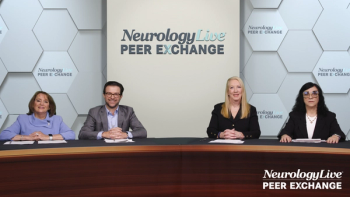
Amy Perrin Ross, APN, Aliza Ben-Zacharia, PhD, DNP, ANP-BC, and John Kramer, PA-C share strategies for implementing biosimilars in clinical practice.
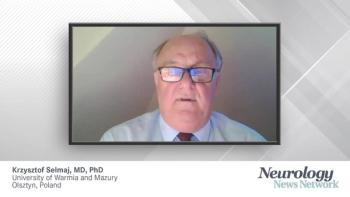
Krzysztof Selmaj, MD, PhD, wraps up this series highlighting strategies for educating patients with relapsing-remitting multiple sclerosis (RRMS) about sphinogine-1-phospate (S1P) receptor modulators.
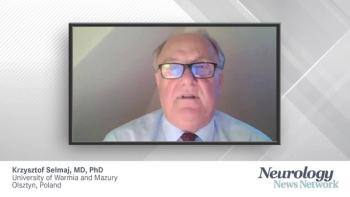
Krzysztof Selmaj, MD, PhD, presents the key results on the safety of other sphinogine-1-phospate (S1P) receptor modulators, such as fingolimod and ponesimod, in the treatment of multiple sclerosis (MS).
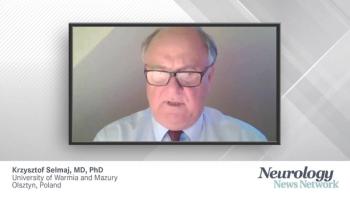
Krzysztof Selmaj, MD, PhD, presents the results of a pooled safety study of ozanimod as treatment for relapsing-remitting multiple sclerosis (RRMS).
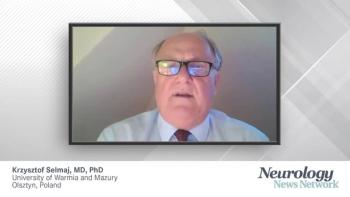
Krzysztof Selmaj, MD, PhD, provides key clinical considerations when switching patients with multiple sclerosis (MS) to sphinogine-1-phospate (S1P) receptor modulator treatment.
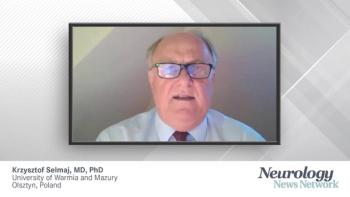
Krzysztof Selmaj, MD, PhD, provides his clinical expertise on strategies to monitor patients with relapsing-remitting multiple sclerosis (RRMS) taking sphinogine-1-phospate (S1P) receptor modulators.
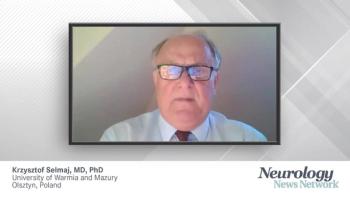
Krzysztof Selmaj, MD, PhD, discusses the side effects of sphinogine-1-phospate (S1P) receptor modulators, highlighting particular adverse events clinicians should be aware of when treating multiple sclerosis (MS).
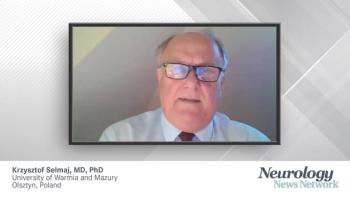
Krzysztof Selmaj, MD, PhD, explains the tissue selectivity of sphinogine-1-phospate (S1P) receptor modulators and the clinical considerations that arise when treating multiple sclerosis (MS).
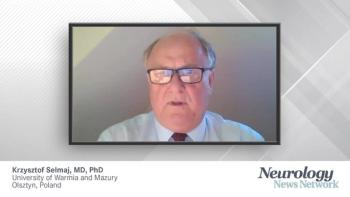
Krzysztof Selmaj, MD, PhD, discusses the treatment landscape for relapsing-remitting multiple sclerosis (RRMS) and where sphinogine-1-phospate (S1P) receptor modulators fit in.

Here's some of what is coming soon to NeurologyLive® this week.

Test your neurology knowledge with NeurologyLive®'s weekly quiz series, featuring questions on a variety of clinical and historical neurology topics. This week's topic is ataxia.

Take 5 minutes to catch up on NeurologyLive®'s highlights from the week ending July 21, 2023.

Although popular at the turn of the century, the use of platform injectable therapies has subsided significantly with the introduction of oral agents, with became the most frequently initiated therapies by 2020.

John Kramer, PA-C, Patricia Melville, NP-C, and Amy Perrin Ross, APN identify challenges in accessing biosimilars in clinical practice.

Aliza Ben-Zacharia, PhD, DNP, ANP-BC and Amy Perrin Ross, APN discuss differences between biologic and biologic natalizumab phase 3 trials.

Here's some of what is coming soon to NeurologyLive® this week.



